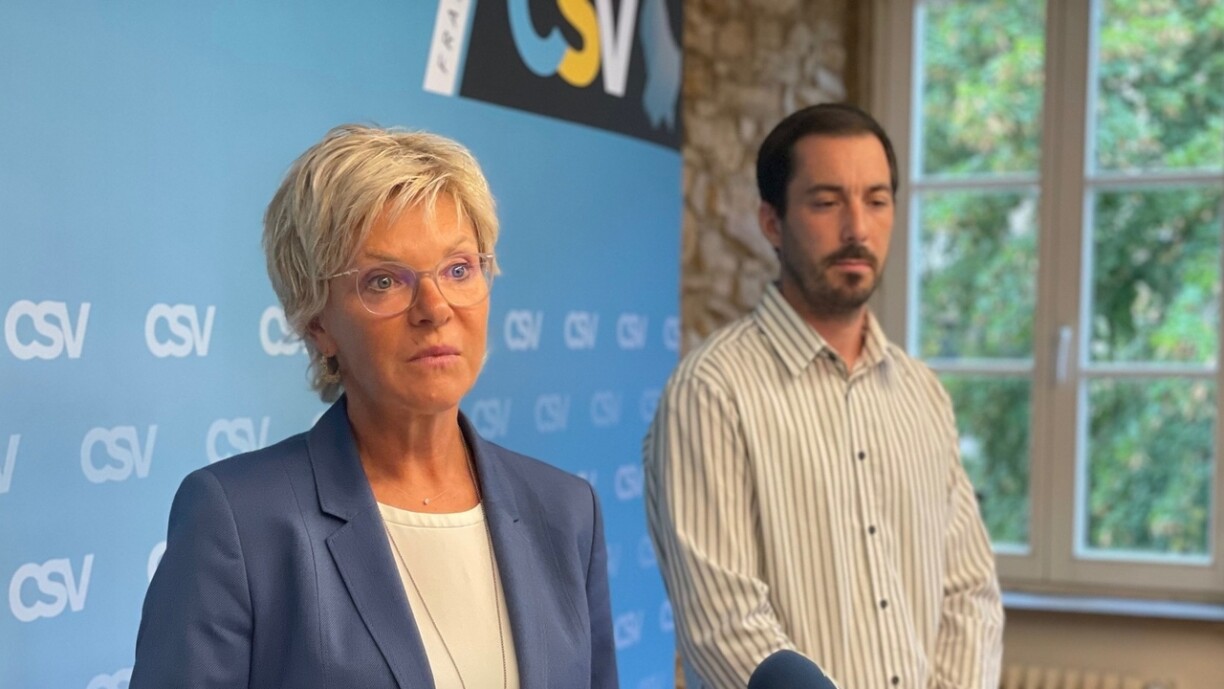
On Friday, the Christian Social People’s Party (CSV) reacted to the draft bill.
According to the opposition party, the government took “the easy way out”. The CSV argues that the limit of 150 animals per farm or five theoretical workers does not actually indicate whether or not a farm is eco-friendly.
Martine Hansen, the co-chair of the CSV’s parliamentary group, stated that instead, the Ministry of Agriculture should have come up with a mechanism to determine whether individual farms are eco-friendly or not. Those that already practice sustainable farming should be encouraged to continue on their path, while the rest should receive concrete advice and assistance to become eco-friendly, Hansen argued. The draft bill proposed by the government, on the other hand, is “the easy way out,” the MP criticised, adding that it is the equivalent of “placing an entire school class in detention”.
Under the current conditions, the country’s farmers are no longer able to make a profit from their work, as dairy farmer Ronny Goedert explained. “We have no planning security,” Goedert lamented, explaining that the construction of a new barn alone “can quickly amount to costs of up to €1 million”. “I then go to the bank and take out a 20-year loan, but during that time, the agricultural law changes three times,” the dairy farmer continued, before adding, “the bank doesn’t care but I have to pay back my loan”.
Both the opposition party and the farmers think that farms without any livestock at all are not a viable solution either. For Hansen, climate protection in Luxembourg can only be achieved in cooperation with cattle and dairy farmers. The co-chair of the CSV’s parliamentary group pointed out that it is not possible to simply grow vegetables on the Grand Duchy’s grasslands because it would be “an environmental disaster”. “Grasslands bind CO2 and ploughing them up would release that CO2,” Hansen warned.
Instead, the CSV proposes to look at livestock density per hectare, to include feed self-sufficiency as a criterion, and to carry out targeted climate protection controls at farms.